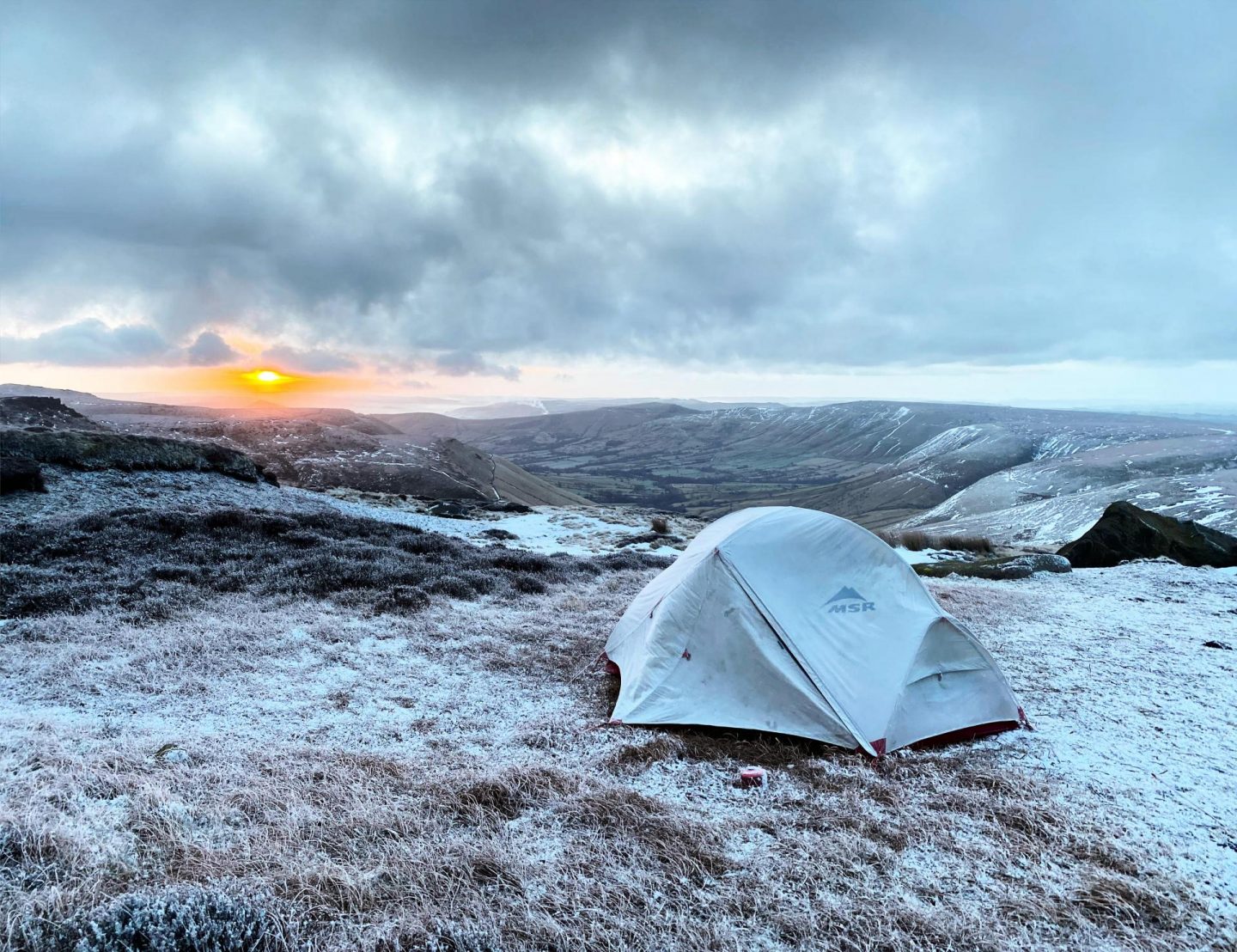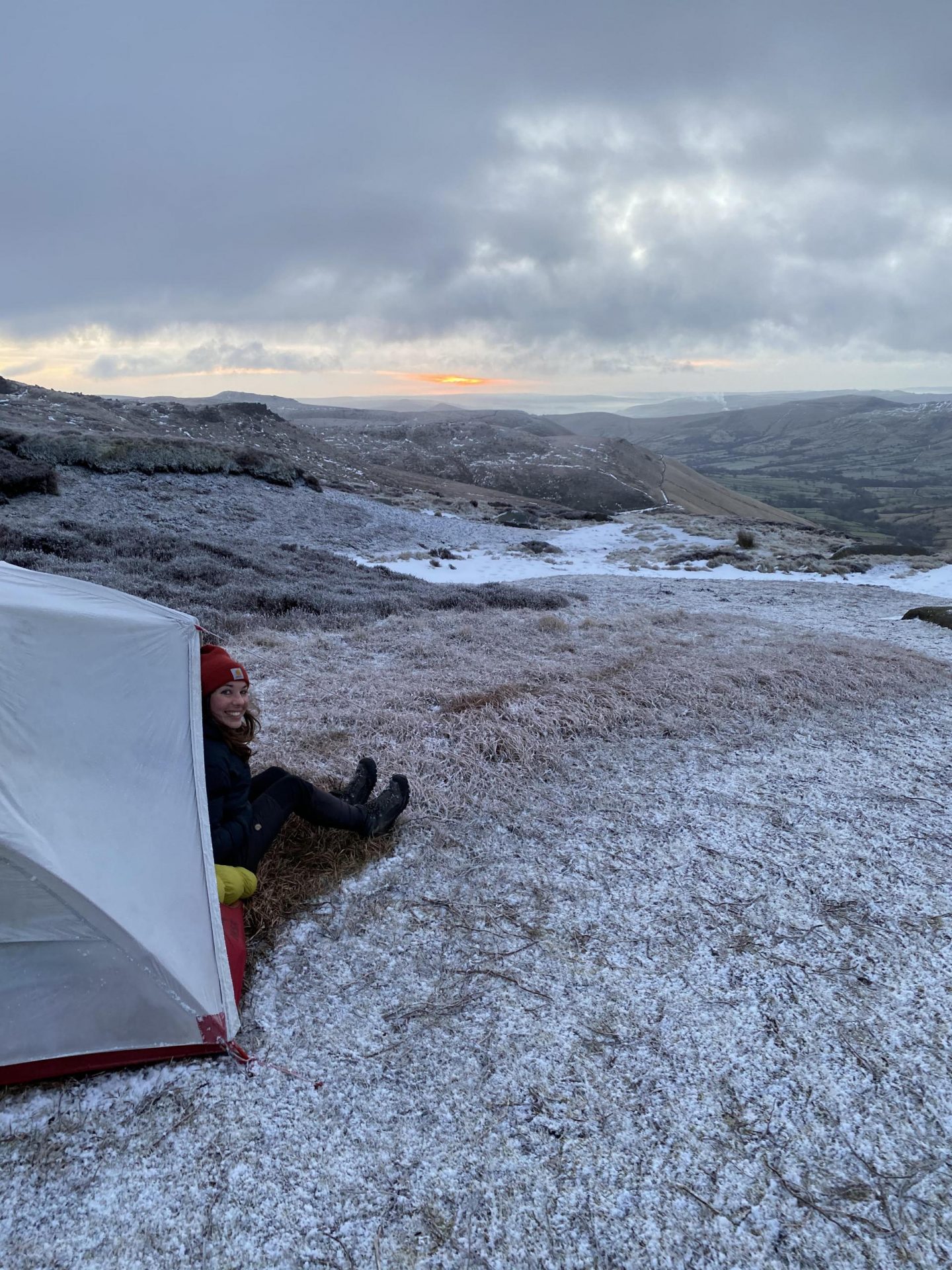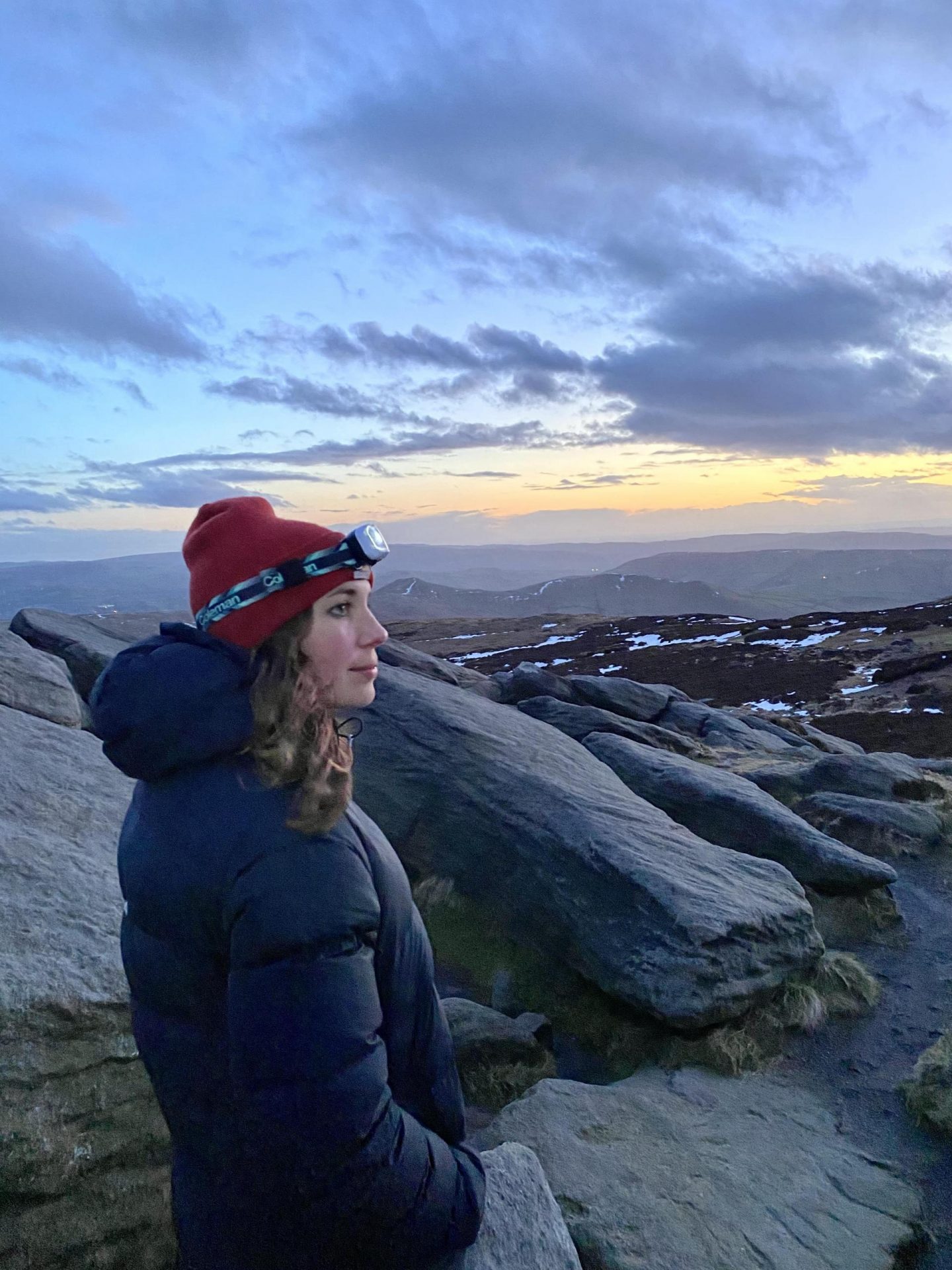
My winter camping guide for cosy nights in the cold
Camping adventures don’t have to just be for balmy summer nights – you just need to plan a little more carefully and make sure you’ve packed warm gear for sleeping in the wild in winter. Here are my top tips for taking your next cold weather camp from ‘brrr’ to brilliant.
Camping in the middle of winter is an experience like no other. It’s your chance to sleep out in the outdoors, often in complete isolation, and test your mettle against the elements. Waking up to a frosty morning is supremely beautiful, but it’s also a challenge – conditions can go from fair to dangerous in seconds in the cold. Stay safe and use my winter camping guide to stay warm and happy under canvas (or if you’re just starting out, try my beginner’s camping guide for basic info).
● CLOTHING
In low temperatures, hypothermia is a threat. Your body will have to work harder to keep your temperature regulated; a process made more difficult if you are wearing the wrong clothing. Body heat can be kept in more effectively if you layer up, especially when wearing women’s boots. Air will be trapped between the layers, increasing their insulating properties. Another benefit to layers is that you can add and remove them as conditions change. Your outer layer should always be windproof – try wearing a winter hardshell over a fleece or a down jacket.
● CAMPING FOOD
When moving around in low temperatures, your body will burn calories at an increased rate. The great news is that this means you need to take in extra calories to compensate. A good mixture of carbohydrates, proteins and fats is essential, as they all provide you with energy at different rates. Pack lots of snacks, and make sure you have a hot meal before bed – pasta with chunks of chicken and chorizo is easy to prepare, or it’s easy to calorie-load with a ration pack. Don’t forget hot chocolate and marshmallows afterwards (both essential food groups, you know).

● TENT AND SLEEPING BAG
Your tent should be large enough to accommodate yourself and your equipment. Make sure you pick one that’s rated for all seasons/four seasons and pick a shape that won’t let snow build on it, such as a dome shape. Carry extra poles and tent pegs in case you lose any essential tent bits. When you’ve picked a flat piece of ground to camp on, make sure you flatten down snow, if there’s any, so that your warmth doesn’t sink you into the ice while you sleep.
Your sleeping bag should be a four season model with a temperature rating in excess of the temperatures you are expecting to encounter. This will ensure you are covered in case of extreme weather – it’s better to be safe than sorry if a blizzard starts up. I personally don’t think you can beat a winter down bag – down traps in heat beautifully and isn’t bulky to carry in your pack. You should also take an insulated mat with you – choose one with a high R-value of above 4.5 (this indicates how warm the mat can keep you). Stretching the full length of your body, this will stop you losing body heat to the ground. If you pack an inflatable mat, bring a spare roll-up foam mat as a backup.
● Before you leave on your epic adventure, spend time researching the area you’ll be pitching in, and make sure you plan your route – Is the land or mountain well covered in trails and paths or is some of it cross country? Take this into account when working out your journey times and a rough plan of where you’ll set up your tent
● Snow depth – Deep snow will slow you down; remember to account for slow going.
● Most importantly, leave a copy of your itinerary with a friend or family member and tell them when you plan to come home from the cold.
● Night falls early in winter – bring a book or a podcast to keep you company (and don’t forget to check your headtorch has plenty of juice!).
● Feeling cold just before bed? Head outside and do some star jumps or a quick jog, then get straight in your tent. The extra body heat can really help warm you up so you drop off fast.
● Spare hot water from cooking supper? Pop it in your flask and stick it in your sleeping bag for an instant hot water bottle.
● If you’re clumsy or forgetful like me, bring spares of really key winter kit such as gloves, a beanie, socks and a headtorch in case you lose them or get them wet.
● First winter camp? Plan an easy route and consider an ‘escape option’ such as a quick walk back to your car or the choice to sleep in a nearby bothy just in case you feel cold or uncomfortable come bedtime.

Find more camping guides and kit reviews on thegirloutdoors.com